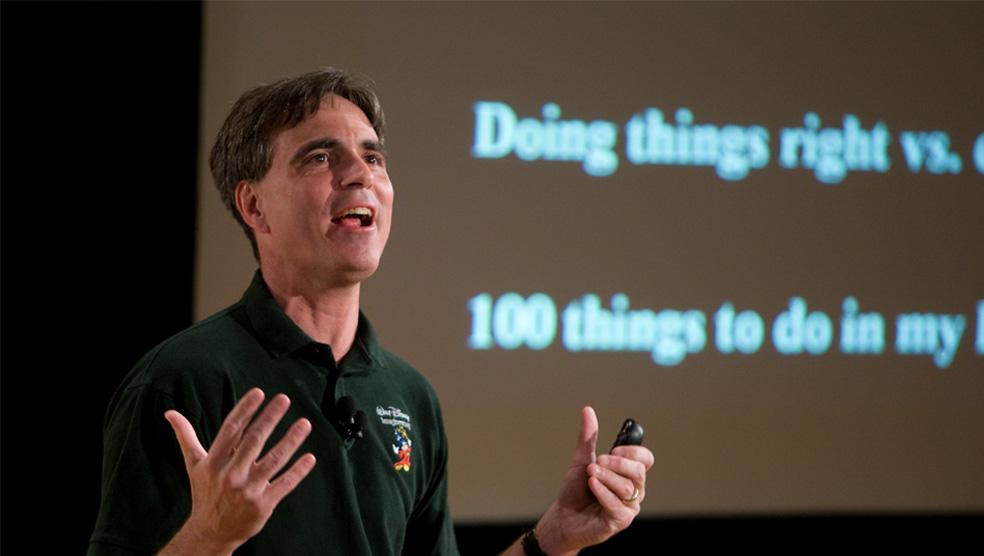Stuff Kids Want: Parents and Platitudes

This is the fourth installment in our Stuff Kids Want series. When researching for these posts, we asked parents “What do you think your kids really want from you?” One mother’s answer, “Oh I don’t know, platitudes?”, struck us as both witty and wise. In honor of Mother’s Day, we are taking a look at families from the inside out this week and offering up an unspoken truth: Kids, even teenagers, really do want parents who discipline. And, believe it or not, kids also count on their parents to repeatedly state beliefs and rules.
The simplest definition of a platitude is a statement that expresses an idea that is not new. Platitudes also frequently contain some sort of moral component. For example, “Money can’t buy happiness”. Most of us can recall the phrases our parents repeated every time we walked in or out the door as we were growing up. In our household it was to “Learn something new”. Infamous Presidential Candidate Donald Trump reportedly reminded his children to not smoke, drink or use drugs everyday when they left for school. The next time your crew rolls their eyes as you utter “Remember, you can be whatever you want to be”, or something to that effect, console yourself with the knowledge that not only our research, but actual science reveals that kids truly need to hear the same messages over and over.
Statements that express not-new ideas are as old as the hills, but don’t kid yourself, children count on the platitudes spoken by their parents. This is just one of the reasons why we believe something as simple as reminding your kids to think before they buy can really help establish lasting financial literacy.
In her book The Teenage Brain, Dr. Frances E. Jensen unveils page after page of scientific data to support the idea that despite childhood protests to please “stop talking” parents are actually doing their job when they constantly (but respectfully it must be said) remind their children about fact patterns and likely outcomes. In the spirit of the adage that there is no one way to be a perfect parent, but a million ways to be a good one, here is how Dr. Jensen sums up Chapter Seven:
“It’s difficult for teenagers to look into the future because their brains are not yet wired to consider distant consequences, but that shouldn’t stop you from bringing up those consequences and drilling them into your teens. They may dismiss you, they may put their hands over their ears or turn to walk away, but I promise you, it will register…they don’t miss a thing at this age.” Page 123, The Teenage Brain, Frances E. Jensen with Amy Ellis Nutt

Our free safe mobile surveys were designed to help parents do exactly as Dr. Jensen suggests. We know some kids will resist completing them when making wish lists. We understand their use requires a small change in gifting and/or shopping practices. But we also know that “Money doesn’t grow on trees”. So please, go ahead and suggest the young people in your family use Gift Surveys again and again and again. Both science and society say platitudes have a place in family life. And as you probably already appreciate, we certainly believe that “One of the best gifts you will ever give your children, is the habit of thinking before buying”.




